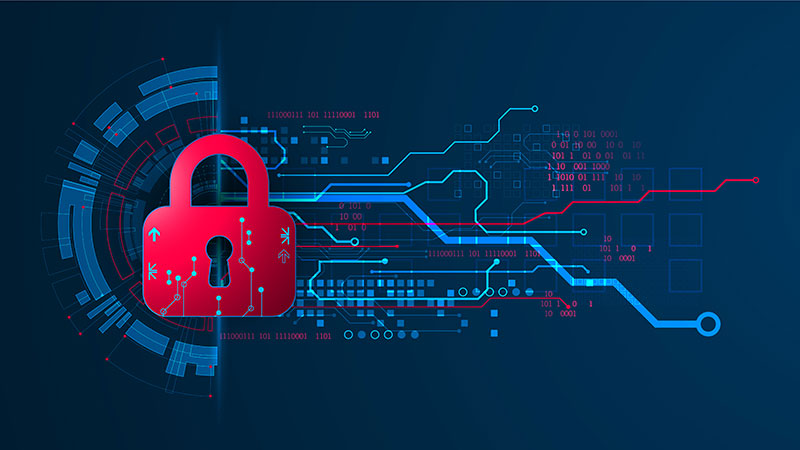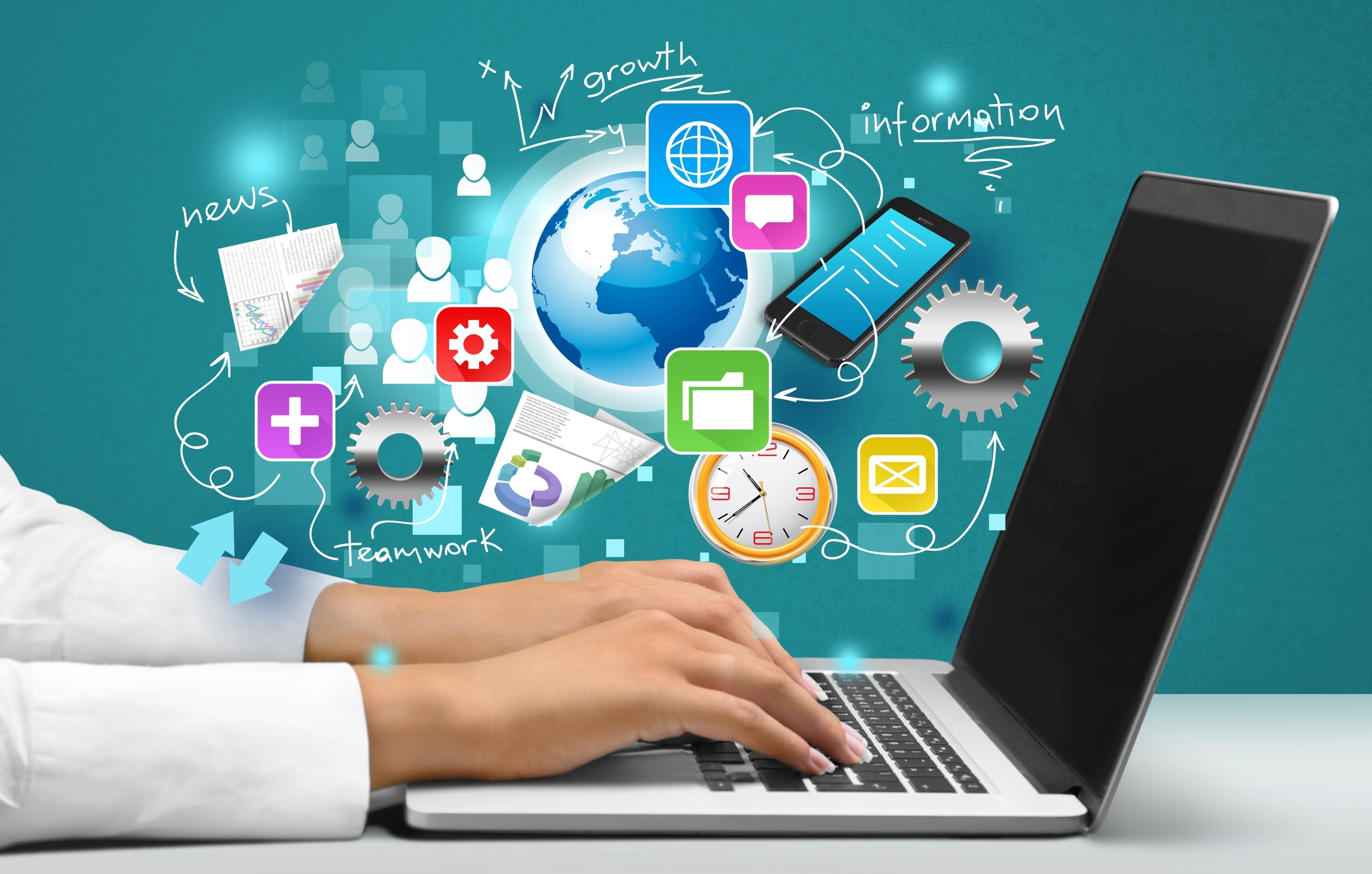Digital privacy is something that everyone needs to be aware of, and quickly. However, awareness likely isn’t enough for people to maintain their online autonomy, as surveillance and tracking methods have integrated just about every system in our current society.
We’ve learned about tracking, data mining, and tracking malware through social media platforms. This information is more widely known now, thanks to cases like Smith v. Facebook, which has given people insight into how often their data is being tracked and used without much public knowledge.
Yet, the government and other digital software companies have integrated other surveillance and data-capturing systems into many other areas of our lives as well. For example, the Ted Talk by Christopher Soghoian mentions that cell phone networks and companies had goals to achieve surveillance as a primary focus. These systems allow wire-tapping to be possible, which can intercept our personal texts and calls. Anyone can hack into the surveillance systems on these networks, and the Chinese government did exactly that in 2009.
Catherine Crump’s Ted Talk highlighted that policing systems have been using license plate tracking devices, which have kept data about things we have been doing in our personal everyday lives. This could be the stores we go to, the churches we are a part of or even protests that we’ve been in.
Facial recognition technology has also been advancing and being incorporated into our lives. Juan Enriquez’s Ted Talk discusses how face.com, a facial recognition technology that had claimed to identify 18 billion faces, was bought by Facebook. We are being tracked just about everywhere.These issues highly impact people like me because so much of our lives are online. We’re constantly on our phones, or else we’re on a computer for work and school. We mindlessly accept companies’ terms and conditions, where we should be looking to check how much of our information is being taken and if it’s being sold to a third party. Our information is always being absorbed and used!
I believe the government definitely needs to add some regulations for personal privacy, both in online spaces like our phones AND in public, like with public cameras. Like Soghoian mentioned, it might make it harder for police to catch the bad guys, but it would help ensure that people who aren’t supposed to have access to our personal information can’t get it. The issue is that I don’t know the best way for it to be possible… especially since so much of our personal information is already stored in some database that I have no idea about.


No comments:
Post a Comment